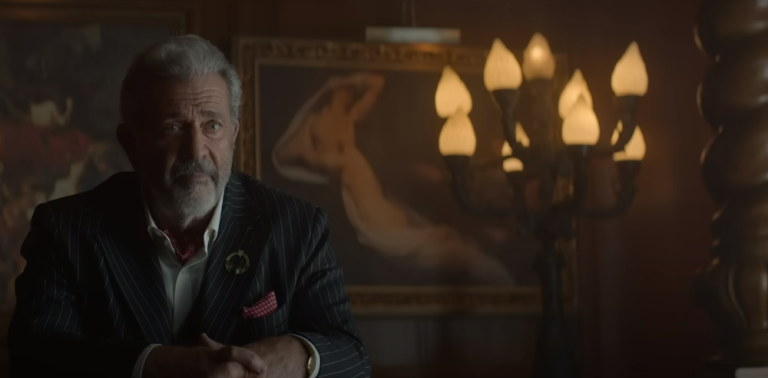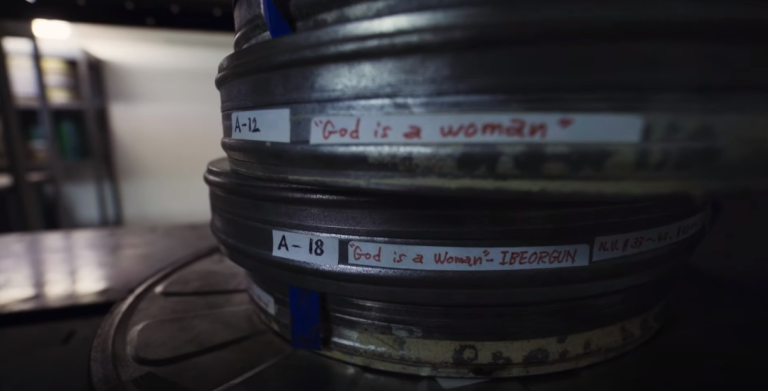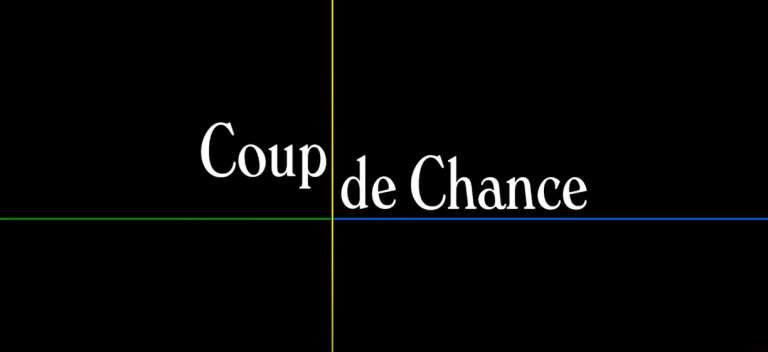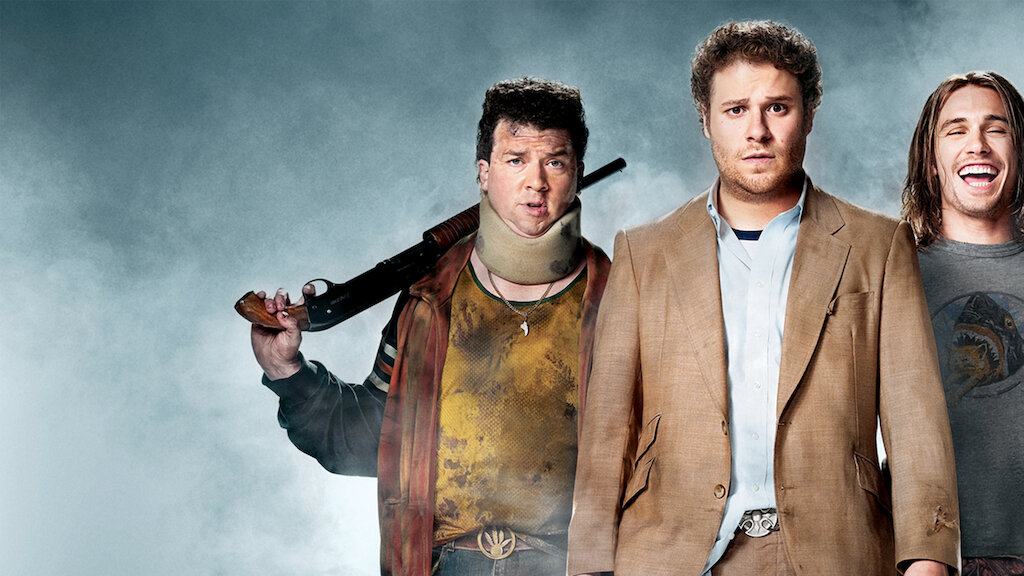
David Gordon Green, known for his previous works such as “George Washington” and “Undertow,” which leaned towards poignant and introspective narratives, took a surprising turn when he directed “Pineapple Express,” a mainstream comedy by Judd Apatow. Despite initial skepticism, Green’s direction not only meets the expectations of the buddy comedy genre but also adds his unique finesse to the film.
While “Pineapple Express” includes all the typical elements of a buddy comedy—male camaraderie, juvenile humor, drug use, and action-packed sequences—Green’s touch elevates it beyond mere stereotypical humor. He manages to infuse the film with a level of quality and craftsmanship that transcends its comedic roots, surprising audiences with its depth.
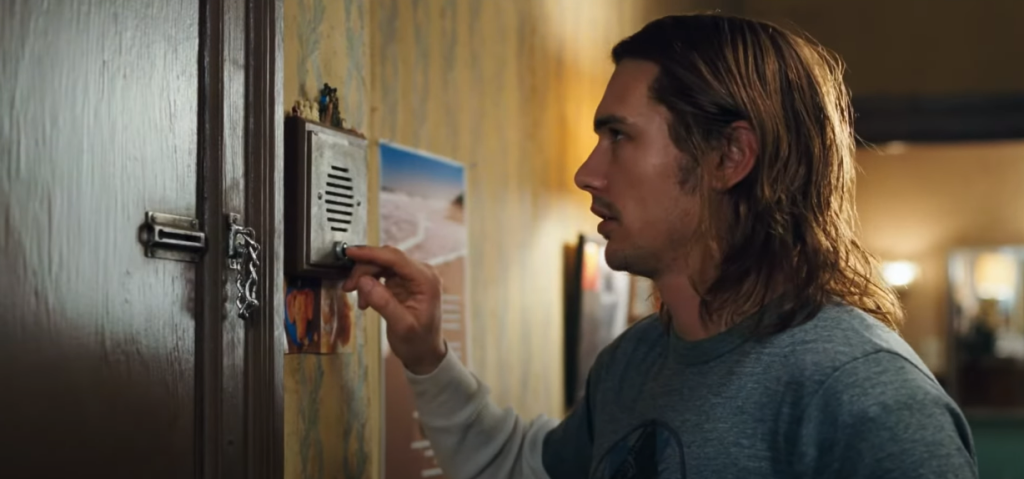
Indeed, the film indulges in crude humor and outrageous scenarios, yet it still manages to evoke genuine laughter and entertainment. Green’s ability to balance the absurdity with moments of genuine camaraderie and character development ensures that the film resonates with audiences on a deeper level.
The success of “Pineapple Express” prompts speculation about Green’s future projects. Will he continue to explore mainstream Hollywood ventures, or will he return to the more intimate and artistic endeavors of his earlier career? While commercial success may be tempting, many hope that Green remains true to his artistic vision, delivering thought-provoking and emotionally resonant films.
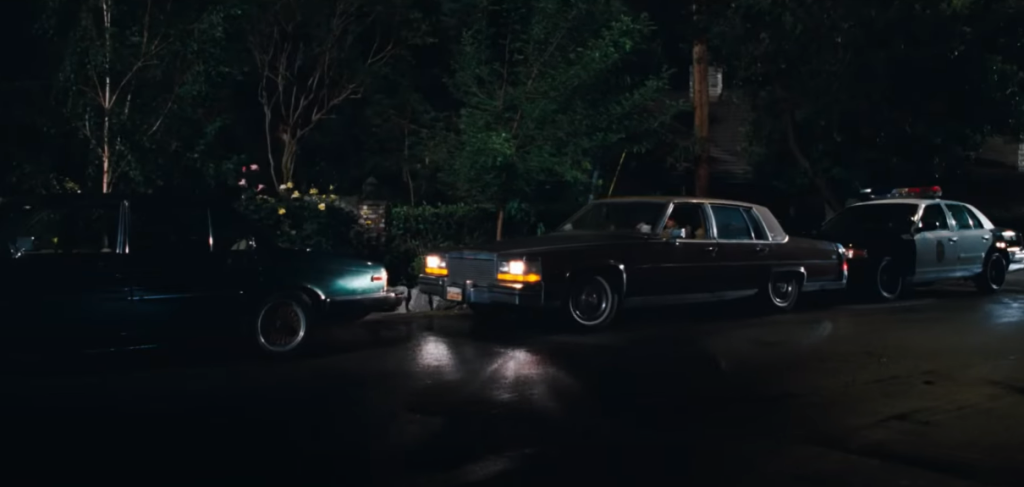
Ultimately, “Pineapple Express” showcases Green’s versatility as a director, proving that even within the confines of a raucous comedy, his talent shines through. It defies expectations and delivers a satisfying blend of laughs, action, and heart, demonstrating Green’s ability to find depth and humanity in unexpected places.
The film’s protagonists, Dale and Saul, are depicted as constantly stoned throughout their misadventures. Dale’s romantic interest, Angie, adds a touch of innocence to the story, with their budding relationship portrayed as youthful and lacking explicit physical intimacy.
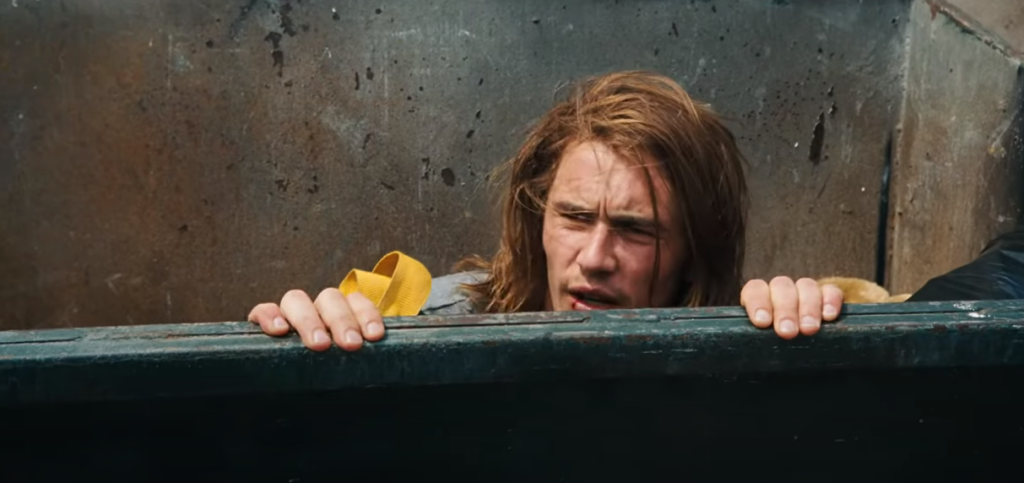
Saul, meanwhile, is portrayed as socially awkward, finding solace in his collection of gadgets and merchandise. When Dale encounters Saul to purchase marijuana, Saul introduces him to the potent strain Pineapple Express, sparking a series of events that thrust them into a dangerous and comedic adventure.
In a pivotal moment, Dale unwittingly becomes a witness to a murder, setting off a chain of events that forces him and Saul to flee from a determined and inept adversary. Their escape leads them through a series of comedic mishaps, ultimately testing the strength of their friendship.

Critics have noted parallels between buddy films and romantic comedies, suggesting that the emotional depth found in both genres often blurs the lines between friendship and romance. Dale and Saul’s deep emotional connection and expressions of affection hint at underlying romantic undertones, adding layers to their relationship.
In the end, “Pineapple Express” delivers the obligatory happy ending of many buddy films, with heartfelt reconciliation and declarations of love between the male characters. This further blurs the boundaries between friendship and romance, adding depth to the characters’ interactions and leaving audiences with a satisfying conclusion.
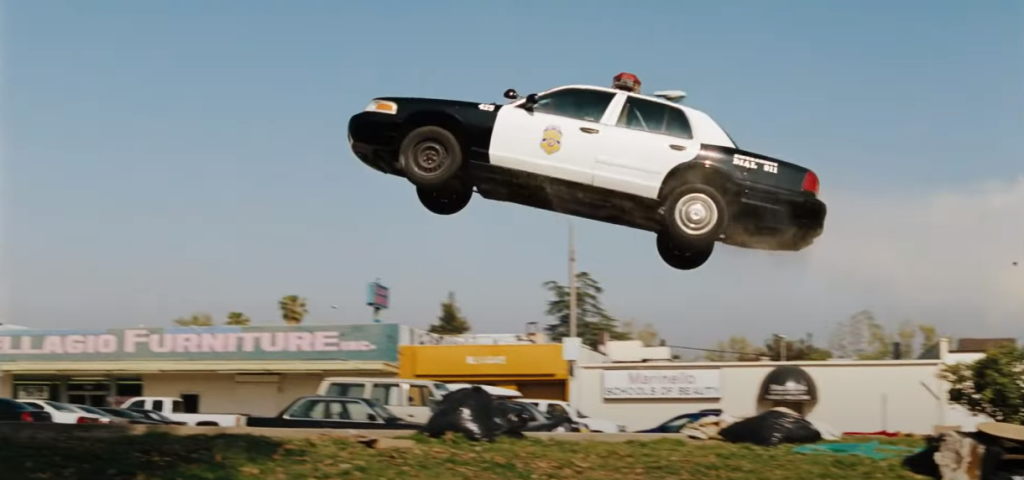
| Aspect | Summary |
|---|---|
| Directorial Surprise | David Gordon Green’s direction in “Pineapple Express” defies expectations with finesse. |
| Genre Conventions | The film encompasses typical buddy comedy elements, but Green elevates it beyond stereotypes. |
| Emotional Depth | Despite its comedic roots, the film balances absurdity with genuine camaraderie and development. |
| Character Relationships | Dale and Saul’s relationship hints at deeper emotional connections, blurring traditional lines. |
| Critic Observations | Critics like James Berardinelli draw parallels between buddy films and romantic comedies. |
| Happy Endings | The film’s conclusion features poignant scenes of reconciliation, adding depth to the characters. |

